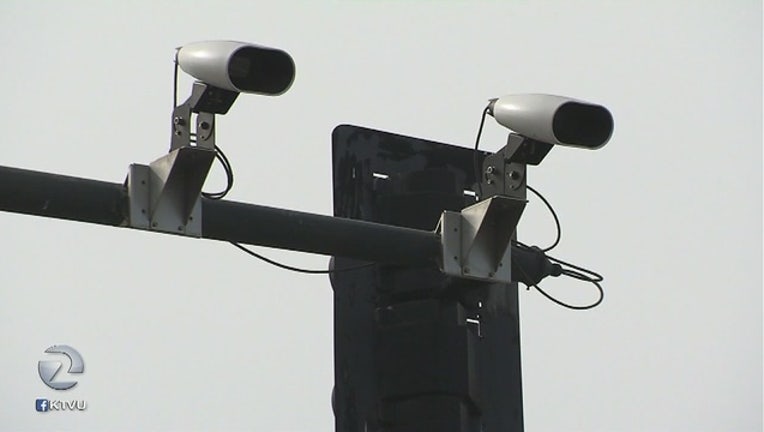Full ICE statement on use of automated license plate readers

On December 22, 2017, U.S. Immigration and Customs Enforcement (ICE) issued West Publishing (TRSS) an award of a single source, firm-fixed price contract to obtain query-based access to a commercially available license plate reader (LPR) database. Like most other law enforcement agencies, ICE uses information obtained from license plate readers as one tool in support of its investigations. The agency conducts both criminal investigations and civil immigration enforcement investigations. ICE is not seeking to build a license plate reader database, and will not collect nor contribute any data to a national public or private database through this contract.
On March 19, 2015, ICE completed a formal privacy impact assessment, which was used to create a framework for use of the technology, to ensure compliance with privacy and civil liberties requirements. The assessment was updated on December 27, 2017, prior to the use of any commercial license plate reader database to reflect how the contract met the established privacy requirements. As noted in the updated assessment: ICE does not use the LPR data service to locate or track individuals who have no connection to ICE investigatory or enforcement activities.
ICE does not take enforcement action against any individual based solely on the information obtained from the vendor’s LPR service. ICE personnel check the information against other investigative information, including information from government systems, before taking any action against the individual. It is critical for ICE users to compile the most accurate information in conducting a law enforcement investigation or enforcement activity, and in preparation for a criminal or administrative proceeding. Therefore it is necessary to corroborate the LPR data prior to taking any action.
All authorized ICE users must complete appropriate training before accessing the commercial LPR database. Additionally, all ICE employees are required to take mandatory training for data security, privacy, information assurance, and records management on an annual basis. In addition, the vendor provides training to ICE personnel on the use of the LPR data service. ICE limits the number of users who are able to access the LPR data service and ensures that only those who need LPR data for their mission-related purposes are able to access the database. An agency manager must approve access before a user account is provisioned. If the vendor discovers that an individual has used the service in an unauthorized manner, it is required to notify ICE as soon as practicable after the discovery. ICE may also request user-level audit logs if there is an indicator of unauthorized activity. Any ICE personnel who have accessed the system without authorization or who used the database in an inappropriate manner may be disciplined, which may include revoking access to the database, suspension, or termination of employment.
Additional contracting documents, including the solicitation and statement of work can be found at FedBizOpps.govhere: https://www.fbo.gov/index?s=opportunity&mode=form&id=b485dfaf65dbb893f4f6dd164cf8be8b&tab=core&_cview=0
Additional background:
ICE’s Homeland Security Investigations (HSI) conducts criminal investigations into various forms of illicit activity, including human smuggling and trafficking; the smuggling of drugs, weapons and other contraband; transnational gangs; and child exploitation. ICE’s Enforcement and Removal Operations (ERO) conducts targeted immigration enforcement in compliance with federal law and agency policy, focusing on individuals who pose a threat to national security, public safety and border security. However, all of those in violation of the immigration laws may be subject to immigration arrest, detention and, if found removable by final order, removal from the United States.

